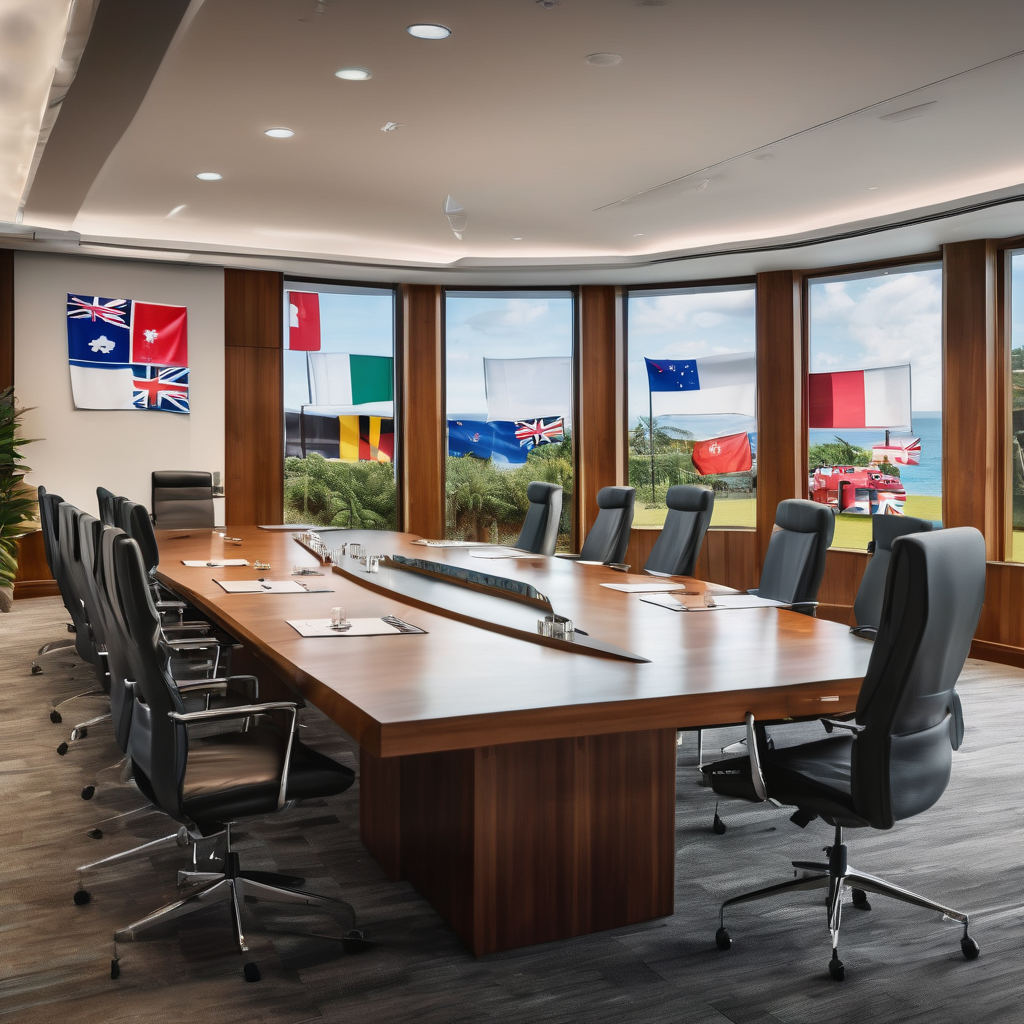During the South Pacific Defence Ministers’ Meeting (SPPDM) held from October 22 to 24 in Chile, Australian Deputy Prime Minister Richard Marles addressed the escalating tensions between China and the United States in the Indo-Pacific region. As defense ministers from Australia, Chile, France, Tonga, New Zealand, Papua New Guinea, and Fiji met to bolster cooperation in defense and security, Marles emphasized the growing geopolitical competition in the Pacific, avoiding direct references to China but alluding to a recent encounter involving the Australian Defence Force and Chinese fighter jets in the South China Sea.
Marles highlighted the importance of upholding democratic values, freedom of speech, and a rules-based order among member nations. He asserted that such an order is vital for smaller nations striving to escape the influence of raw power dynamics. The Australian deputy PM expressed a collective desire among Pacific ministers to enhance regional capabilities, reiterating commitments made at the Pacific Islands Forum aimed at ensuring peace across the Pacific.
Chilean Minister of National Defence, Adriana Delpiano, spoke about key agenda items discussed at the meeting, including Chile’s proposal to conduct a biennial military exercise near Easter Island, which reflects a dedication to strengthening security cooperation. The ministers also addressed non-traditional maritime threats, such as transnational organized crime and climate change, with a shared goal of improving disaster response capabilities throughout the region.
The SPPDM served to reinforce unity among Pacific nations as they confront complex challenges together. These discussions echo previous meetings focused on enhancing military transparency and fostering collaboration to tackle increasing security challenges in the region.
The outcomes of the SPPDM convey a positive outlook for Pacific nations prioritizing mutual security, resilience, and cooperative strategies to manage both traditional and emerging threats, contributing to a stable and secure regional environment amidst ongoing geopolitical uncertainties.
